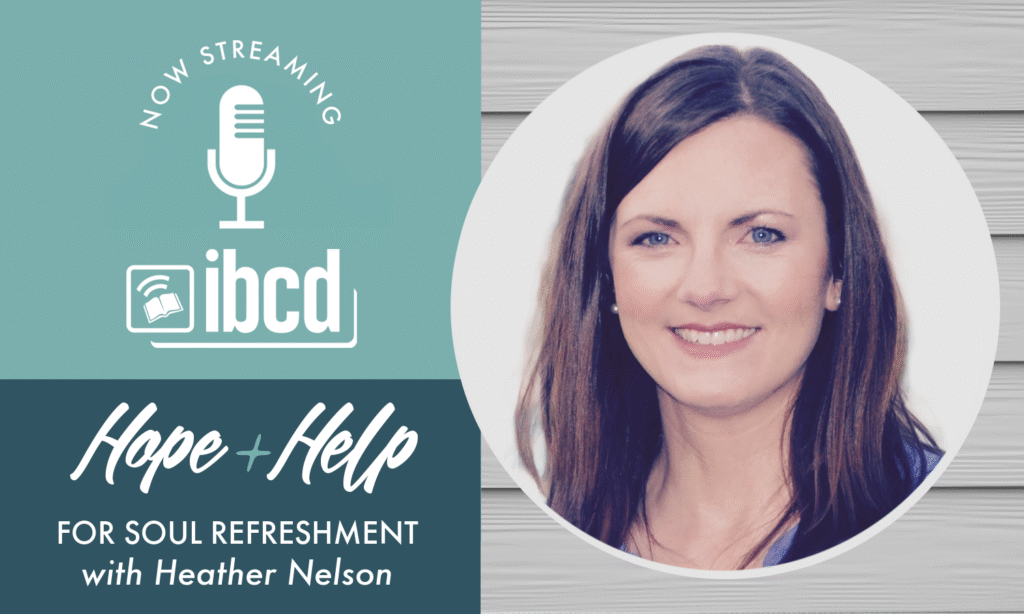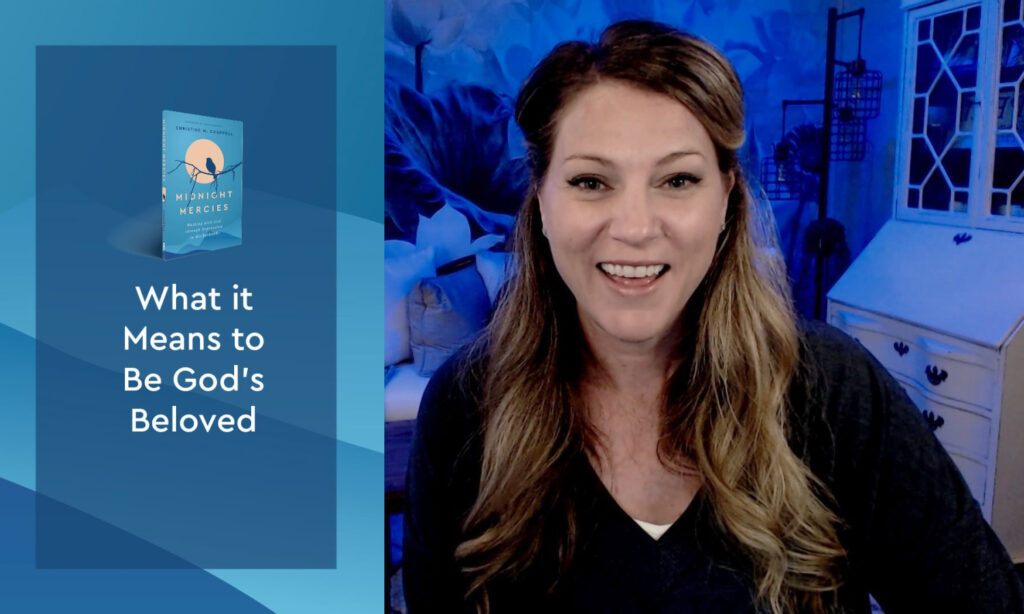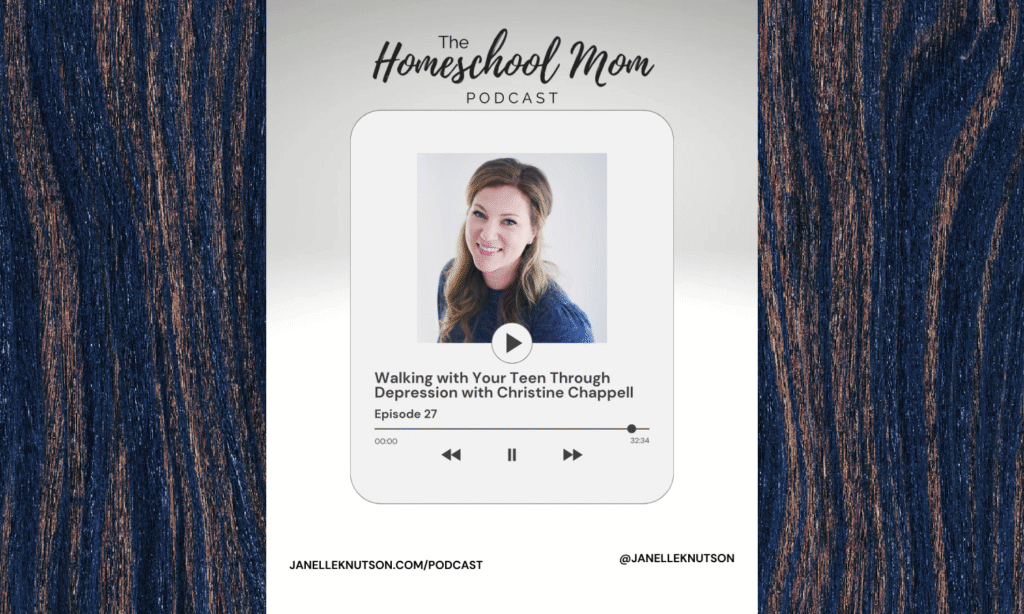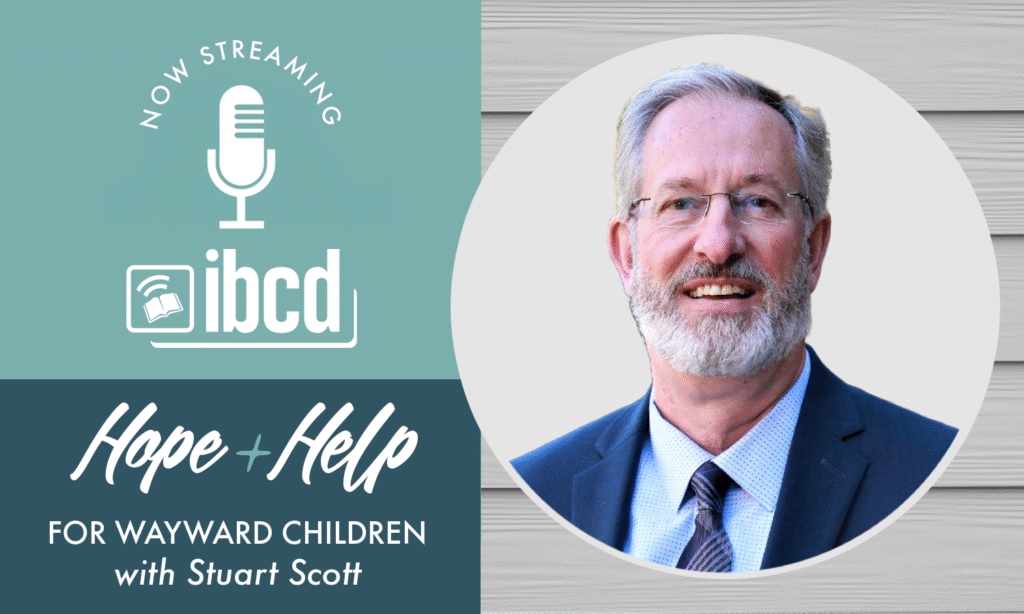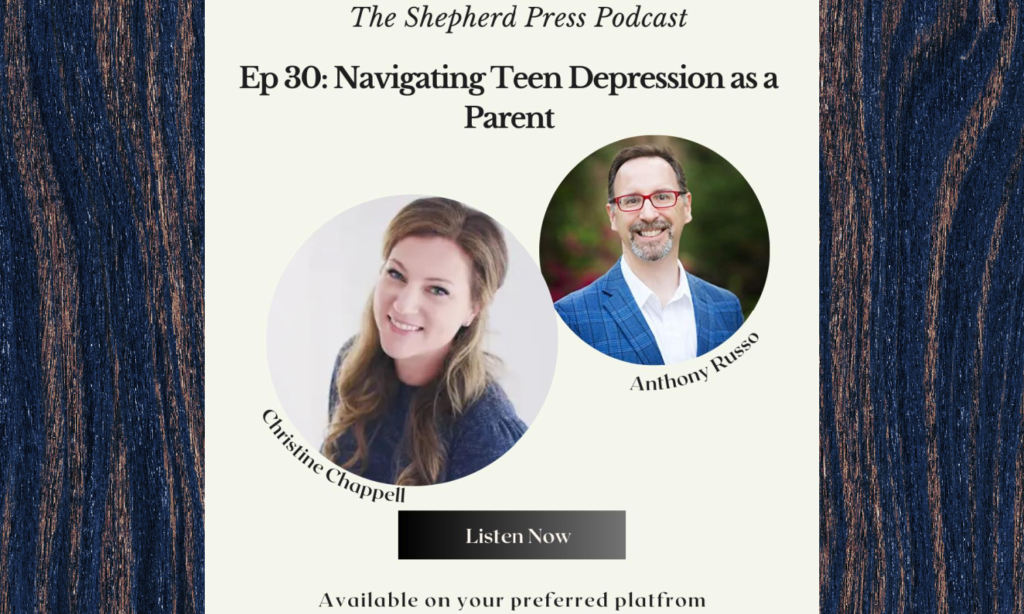While many of us may never experience the unique temptations of self-injury, we may know what it's like to hurt ourselves through other means, especially when we experience setbacks in mental health recovery. We may think negative thoughts about our capabilities, our intellect, our talents, or our purpose. We may think that failure in mental health recovery amounts to uselessness, shame, or worthlessness. In short, we experience a setback, and then we punish ourselves through a barrage of self-condemning harassments because we believe we should be doing better than we actually are.
Someone who struggles in this manner may think, "God, don't I deserve to be punished for this?! What a wretch I am, I cannot even get this part of my life together." So, they take it upon themselves to mete out a pummeling of self-loathing and self-pity–a vicious cycle which violently renders the soul.
Indeed, those of us who spin in cycles of self-inflicted punishment have placed a period where a comma ought to reside:
Someone who struggles in this manner may think, "God, don't I deserve to be punished for this?! What a wretch I am, I cannot even get this part of my life together." So, they take it upon themselves to mete out a pummeling of self-loathing and self-pity–a vicious cycle which violently renders the soul.
Indeed, those of us who spin in cycles of self-inflicted punishment have placed a period where a comma ought to reside:





